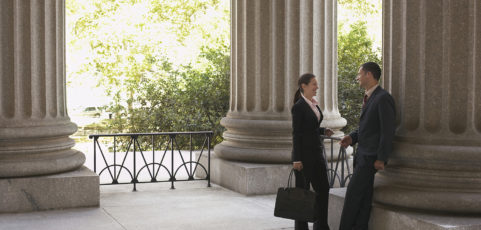Protecting the record for appeal is always a popular topic for legal education programs. After all, securing the hard-fought trial victory or turning around the case that went off the rails can depend on making sure a proper record is made for appellate review. But the most perfectly protected record is meaningless if the notice of appeal is untimely. Van Beurden Ins. Services, Inc. v. Customized Worldwide Weather Ins. Agency, Inc. (1997) 15 Cal.4th 51, 56 (absent timely filed notice of appeal, appellate courts lack jurisdiction). This is a tragedy that should never happen, but it does.
For state court appeals, the place to begin is California Rules of Court, rule 8.104. The “normal time” to appeal is 60 days. Two months to file the notice seems generous. But 60 days from when? And is it always 60 days? A careless examination of rule 8.104 can lead to problems. Fatal problems.








